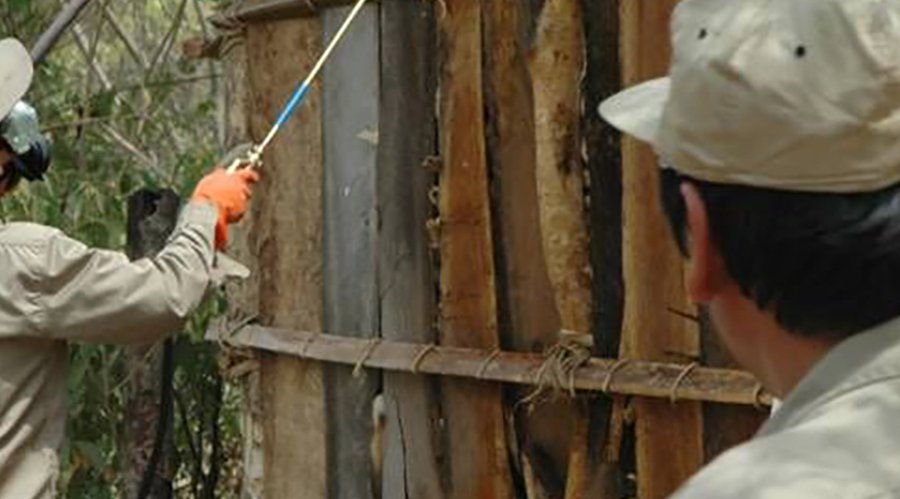What is Chagas disease?
Chagas disease affects around six to seven million people, mainly in endemic areas of Latin American countries. Chagas disease is a parasitic infection caused by contact with the faeces of infected blood-sucking insects (called kissing bugs) which infest people’s homes.
Chagas disease can also be passed on by eating food contaminated by kissing bugs, through blood transfusions or organ transplants, or to children during birth.
After an often mild acute phase of a few weeks – with non-specific symptoms such as fever, body aches, rashes, diarrhoea and vomiting – most people will go a long time without showing any signs of the disease, and are often unaware they have the illness. An estimated 30% to 40% of infected people will eventually develop symptomatic forms of the disease, including cardiac alterations and/or enlargement of the colon and oesophagus, which can incapacitate and frequently result in death.
Key stats
-
6-7 million
are infected with Chagas disease
-
21 countries
in Latin American are endemic
-
~75 million
people are at risk of infection
Global distribution of cases of Chagas disease, based on official estimates, 2018
Number of new chagas cases reported per year
Coalition partners
Chagas Coalition
The central aim of the Global Chagas Disease Coalition is to prioritise the diagnosis and treatment of Chagas disease.
